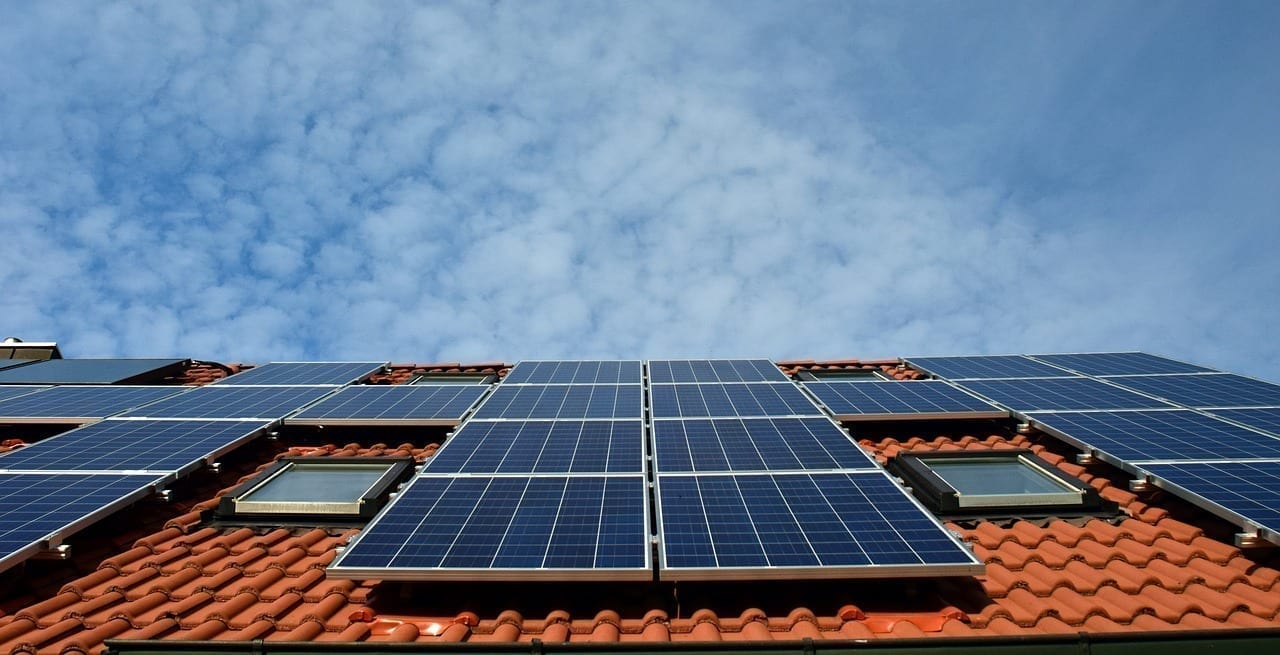
There is a common misperception that “green energy” appeals mostly to liberals. However, at least some of the facts don’t support that view. A case in point can be found in the rooftop solar sector.
“It’s not Republican or Democratic. It’s really American. It’s free enterprise,” Jayson Waller, founder and CEO of POWERHOME SOLAR, said as a guest on The POWER Podcast.
POWERHOME SOLAR does business in 15 states—some red and some blue—so Waller has fairly good insight on the types of people who are installing solar systems. “Both sides of the aisle are liking solar,” he said. In fact, POWERHOME SOLAR surveyed customers and found more than 60% were Republicans.
Waller suggested that part of the misunderstanding is a result of the climate change debate. Yet, he doesn’t necessarily see rooftop solar as part of an environmental agenda; he implied that economics were driving growth. “What we see is more Republicans come across and understand what solar is—it’s the largest job growth the last two years in a row. They understand that it’s energy independence, and they get it.”
The data seems to back Waller’s view. The U.S. surpassed 3 million solar installations across all market segments during the second quarter (Q2) of 2021, according to a report issued in September by the Solar Energy Industries Association (SEIA). More than half of all new U.S. electric capacity additions in the first half of 2021 were from solar.
Residential solar was up 46% from Q2 2020 when installations were hit hardest by the COVID-19 pandemic. The commercial and community solar segments also saw a substantial uptick in activity in Q2, increasing 31% and 16%, respectively, compared to the same quarter last year. Meanwhile, utility-scale solar set a new record for installations with 4.2 GWdc added, nearly three quarters of it in Texas, Arizona, and Florida.
“I see all states really continuing to grow rooftop solar,” Waller said. “You’re seeing a lot more companies go public with it. You’re seeing a lot more loan and finance companies know that this is good paper to invest in.”
Perhaps Waller’s biggest revelation, however, was that energy storage has become synonymous with rooftop solar. “We’re huge advocates of battery storage. We’re at 98% attachment rate for battery storage. So, if we install 1,000 customers this month, we’re going to install 980 batteries,” he said. “It’s our belief that every customer deserves battery storage.”
While casual observers might think solar systems are more valuable in states with a lot of sunshine, such as Florida, Texas, and Arizona, Waller said that may also be a misconception. “Michigan is our largest state,” he said.
The reason a state like Michigan is such a good candidate for solar is that the cost of power is high in the state compared to places like Florida, Texas, and Arizona. Yet, the production from a photovoltaic system in Michigan is only about 15% less than in North Carolina (where Waller’s company is based). Therefore, if you balance the cost of power, which is 60% higher in Michigan, against the lower production, you still end up with a better return on the investment.
“Solar works in gray, it works in snow, it just doesn’t work at night—that’s why you have battery storage—but it still works on a gray day. That’s why Connecticut and New York have a ton of solar,” said Waller.
One potential problem in the near term, however, is supply chain constraints. SEIA reported price increases across every solar market segment in Q2 2021. It was the first time that solar prices have increased quarter-over-quarter and year-over-year in every market segment since Wood Mackenzie, a Verisk business and SEIA partner, began modeling system price data in 2014. SEIA said many solar developers have sufficient inventory for 2021 projects but will begin to see price increases in 2022.
Waller said POWERHOME SOLAR switched to American-made panels in 2017 and hasn’t experienced any supply chain issues yet. “We’ve been blessed and lucky. We have great relationships with our vendors.” Waller said that because his company does so much business with its suppliers, he’s been assured that battery storage and panels will be available as needed at least through Q1 2022. “We’re always staying ahead of the curve,” he said.
To hear the full interview, which includes more about POWERHOME SOLAR’s marketing, sales, financing, and installation process, as well as a discussion on net-metering and other incentives that make rooftop solar attractive, listen to The POWER Podcast. Click on the SoundCloud player below to listen in your browser now or use the following links to reach the show page on your favorite podcast platform:
For more power podcasts, visit The POWER Podcast archives.
—Aaron Larson is POWER’s executive editor (@AaronL_Power, @POWERmagazine).
The post Rooftop Solar and Energy Storage Are Not Republican or Democrat, They’re American appeared first on POWER Magazine.